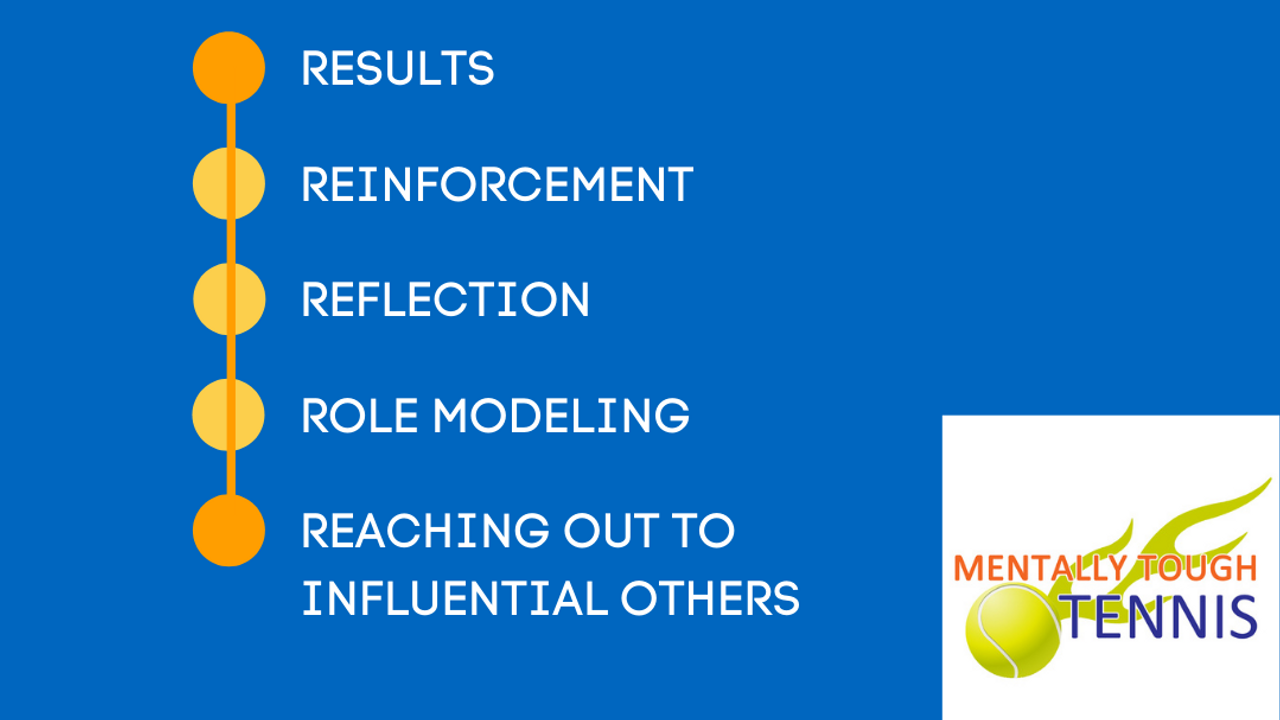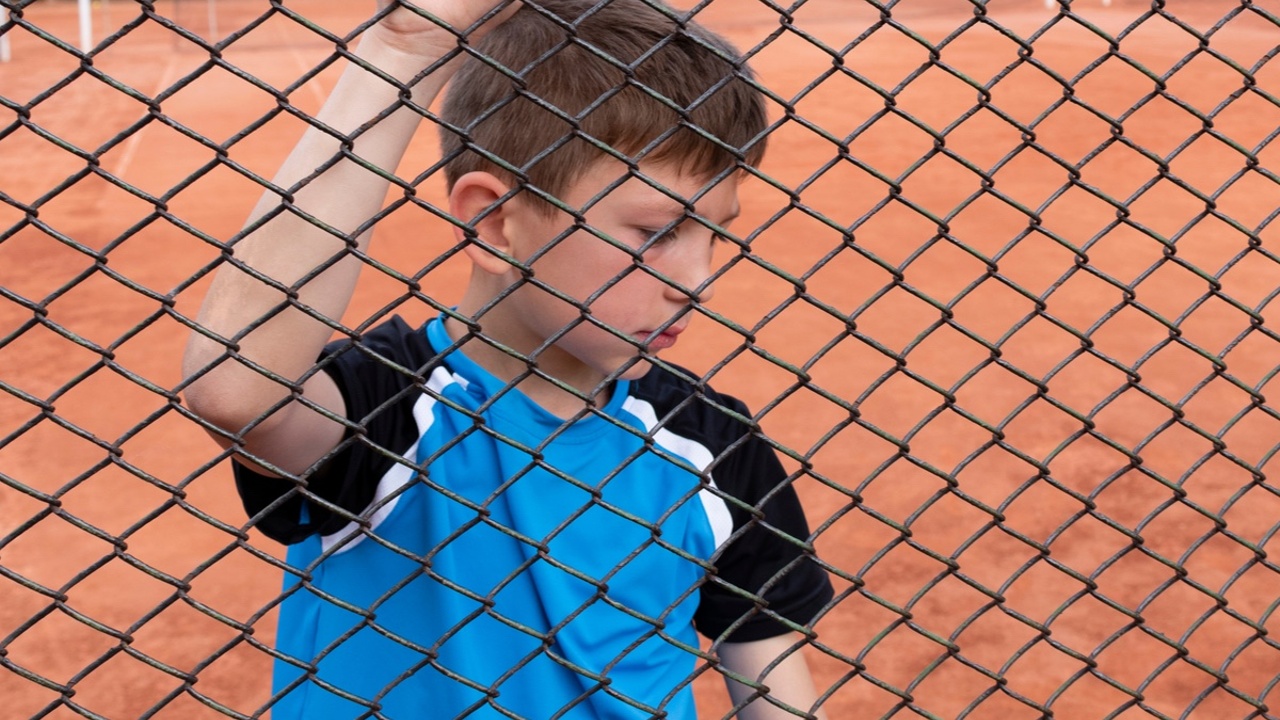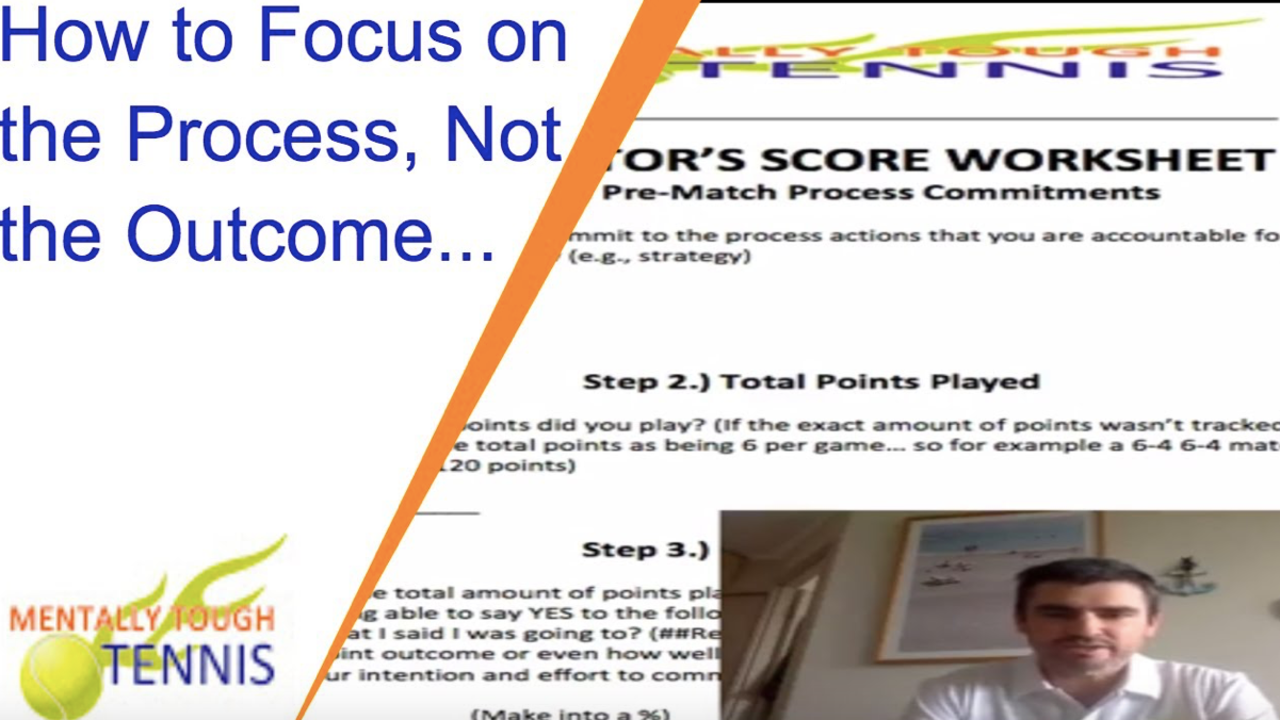WELCOME TO OUR FREE ARTICLES, VIDEOS, AND RESOURCES
Would you like us to send our best free tips, tools, and special offers straight to your inbox?
Rune Epic...Why Reversing Final Set Tie-break Loss History is so Difficult
What a great effort by Holger Rune!
Particularly since he suffered a heartbreaking match tie break loss at the Australian Open in similar circumstances...
After all, losing final set tie breaks can quickly become a habit that's hard to break. With each consecutive loss the chance that it will happen again next time increases.
But why is this so?
It all comes down to the way our emotional memory system works...
For example, if you'd been bitten by a dog and later came across a similar looking dog you might automatically see the dog as dangerous, experience anxiety, and have the urge to run away. So being bitten by a dog later influences your response to a similar looking dog without feeling like a memory of the day you were bitten.
Our brains adapt to all types of ‘emotional memories’ by continually preparing us for the future based on what has happened in the past, invisibly guiding our thoughts, feelings, and behaviours.
When it comes to lost final set tie-breaks the as...
The 5 R’s to Positively Shape Players’ Mental Experiences Over Time

If you've been following my communications for a while you'll be aware that I believe trying to control unintentional difficult thoughts (e.g., outcome thoughts, negative thinking) and emotions (anxiety, frustration) during matches is detrimental to long term mental toughness.
What we do want to do however is communicate (if you're a coach or parent), and reflect in ways that lead to more helpful mental experiences over time.
Here are 5 ways we can do this:
1.) Results
The most powerful way to improve internal experiences in a given performance situation when encountered in the future is to commit to desired actions now.
For example, when a player performs well while experiencing difficult internal states, this positive performance outcome will likely lead to more adaptive interpretations of that situation when experienced again.
The player will also implicitly learn from this experience that desirable internal states are not required for effective performance, therefore ...
Q + A: The Most Common Coach/Parent Communication Mistake
Recently during a Workshop with Vida Tennis, coach Kane Dewhurst asked me a question that led to me discussing what I believe is the most common and detrimental coach/parent communication in all of tennis...
Watch the video to see my answer :-)
Have a great day,
Anthony
The Most Common Obstacle to Successful Tennis Parenting Communications

For most parents, watching children compete in tennis is an extremely emotional experience.
But while all parents can experience significant challenges, some face increased vulnerabilities.
The Biggest Obstacle...
Susceptibility to tennis parenting challenges above and beyond the normal emotional challenges is most linked to a parent’s own learning history in performance domains.
Just like parents powerfully influence their own children’s development through tennis, every parent has a lifetime of experiences that have invisibly contributed to their own development.
These past experiences shape how parents perceive their child’s tennis.
For Example...
If a parent’s own parents communicated disapproval or conditional love to him in performance domains when he was a child, the sense of disapproval that he felt then will likely later be evoked when he watches his own child perform poorly in tennis.
Through this process (sometimes called transference), this parent will
...The 4 Crucial Elements to Successfully Supporting Tennis Parents...

A great passion of mine throughout my career as a sport psychologist has been supporting parents on the tennis parenting journey.
I quickly formed the opinion early in my career that tennis parents in the organisations that I worked were having more influence on player mental toughness outcomes than coaches.
I also learned that National Organisations, the bodies that should be prioritised supporting parents throughout the tennis parenting journey, do a terrible job in this area.
This contributes to i.) consistent parent and coach overwhelm and helplessness, and ii.) poor competitive habits and common issues with well-being for players.
And while coaches generally do their best to support tennis parents in this challenging role, we typically miss some vital elements in successfully assisting parents...
Why do efforts to support parents often fail?
The reason that efforts to support tennis parents often aren't adequate is that those looking to help simply give parents guide...
Set Expectations LOWER to Improve Mental Toughness...
Invest 5min of your day right now in watching this video if you want to become a better coach, tennis parent, or player....
Anthony
Coaching Mental Toughness Mistake #1...
If you're a coach who isn't satisfied with the way your player/players apply their physical, technical, and tactical skills in matches, this video series is for you.
In it, I'll summarise 7 of the most common mistakes I see coaches make when trying to help players develop mental toughness.
P.S., In a few days we'll be opening up registration to my Coaching Mental Toughness Professional Development Class which will start next week. I'll let you know the details of the class later in the week :-)
Enjoy...
What Processes Should Players Commit to During Points?
If you have been following my suggestions you would have heard me talk a lot about what I call ‘Committed Actions’. These are the processes that players should commit to during points that increase the chance of improvement and success.
But what are the actions that players should commit to? At Mentally Tough Tennis we categorize them into 4 categories...and that’s what this week’s ‘Mental Toughness Made Simple’ video is about.
How to Focus on the Process, Not the Outcome

One of the biggest challenges in tennis is effectively committing to processes that increase the chance of success throughout matches rather than getting caught up in the outcome...
In this week's video I'm going to walk you through how I promote player's ability to do this more effectively :-) And if you'd like to access the Competitor's Score Worksheet that I use in this video you can do so here...
Have a great week :-)
Anthony
